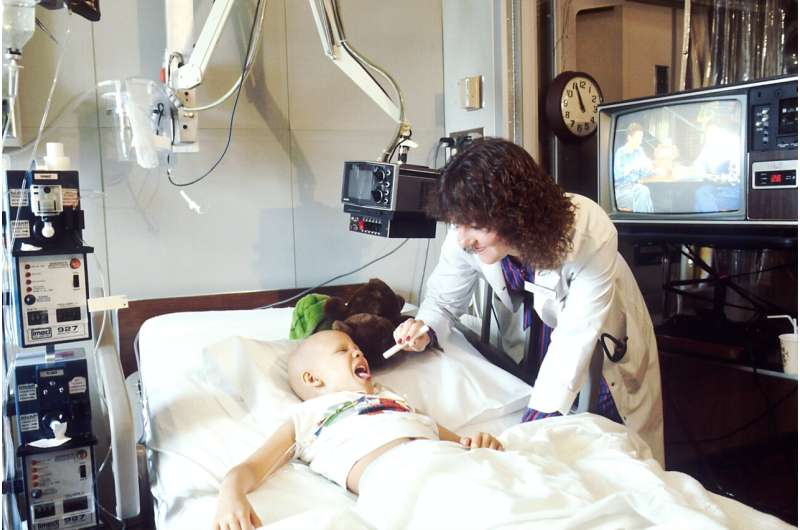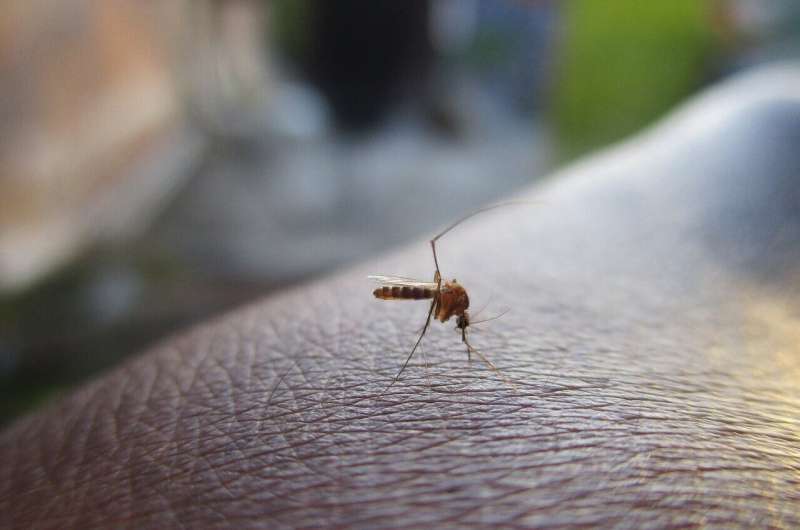Addressing Critical Gaps in Dementia Care and Childhood Cancer Support

Innovative research identifies key gaps in support systems for dementia and childhood cancer, emphasizing the need for accessible transportation and systematic social screening to improve patient care and quality of life.
Recent research efforts are shedding light on significant deficiencies in the healthcare support systems for individuals with dementia and children battling cancer. In the United States, many adults with dementia in long-term care settings face challenges beyond basic medical services, notably in transportation. For example, approximately 750,000 dementia-diagnosed residents in nursing homes often lack access to essential external healthcare services, including specialist consultations, diagnostic tests, and dental or vision care, due to unreliable transportation options. This gap can hinder comprehensive care and impact overall quality of life.
A groundbreaking review led by Postdoctoral Research Scientist Soojeong Han, Ph.D., published in the Journal of the American Medical Directors Association, examined existing literature on non-emergency medical transportation for dementia patients in long-term care facilities. The review identified only five relevant publications, highlighting a critical area often overlooked. The studies revealed that caregivers, healthcare professionals, and individuals with dementia themselves emphasize the importance of accessible transportation. Barriers include financial costs, disparities between rural and urban areas, lack of consistency among transportation providers, and specific challenges related to cognitive decline, stigma, and caregiver accompaniment.
The authors advocate for the development of dementia-friendly transportation solutions that emphasize accessibility, affordability, and flexibility. Such innovations could reduce social isolation, improve continuity of care, and enhance overall well-being for residents with dementia.
Separately, in pediatric oncology, new research emphasizes the importance of systematic screening for financial hardship and social needs among families. A study from Columbia University led by Assistant Professor Melissa Beauchemin, Ph.D., demonstrated that implementing screening questionnaires within clinical practice can effectively identify families experiencing food insecurity and financial distress. Among 621 pediatric cancer patients, 76% completed the screening, with significant percentages reporting food insecurity and financial hardship, especially among Hispanic, Black, and Spanish-speaking families.
These findings underscore the value of targeted screening efforts, which can help healthcare providers identify patients at risk and connect families with resources to mitigate financial and social barriers. Addressing these issues is vital to ensuring equitable access to treatment and improving health outcomes.
Both studies highlight the urgent need for tailored interventions and systemic changes to bridge critical gaps in healthcare delivery for vulnerable populations, ultimately aiming to improve quality of life and health equity.
Source: https://medicalxpress.com/news/2025-10-highlights-solutions-critical-gaps-dementia.html
Stay Updated with Mia's Feed
Get the latest health & wellness insights delivered straight to your inbox.
Related Articles
Maternal Periodontal Disease and Its Impact on Infant Gut Health and Disease Risk
New research links maternal periodontal disease to increased infant gut inflammation and long-term disease risk, highlighting the importance of maternal oral health for offspring wellbeing.
Innovative Malaria Control Method Targets Parasites in Mosquitoes to Enhance Bed Net Effectiveness
A new innovative approach targets malaria parasites within mosquitoes, enhancing the effectiveness of bed nets and offering a promising solution to combat insecticide resistance.
Potential Link Between Semaglutide and Reduced Dementia Risk in People With Type 2 Diabetes
Studies indicate that semaglutide, a common diabetes and weight-loss drug, may significantly lower the risk of dementia in individuals with type 2 diabetes, highlighting a promising avenue for neurodegenerative disease prevention.



